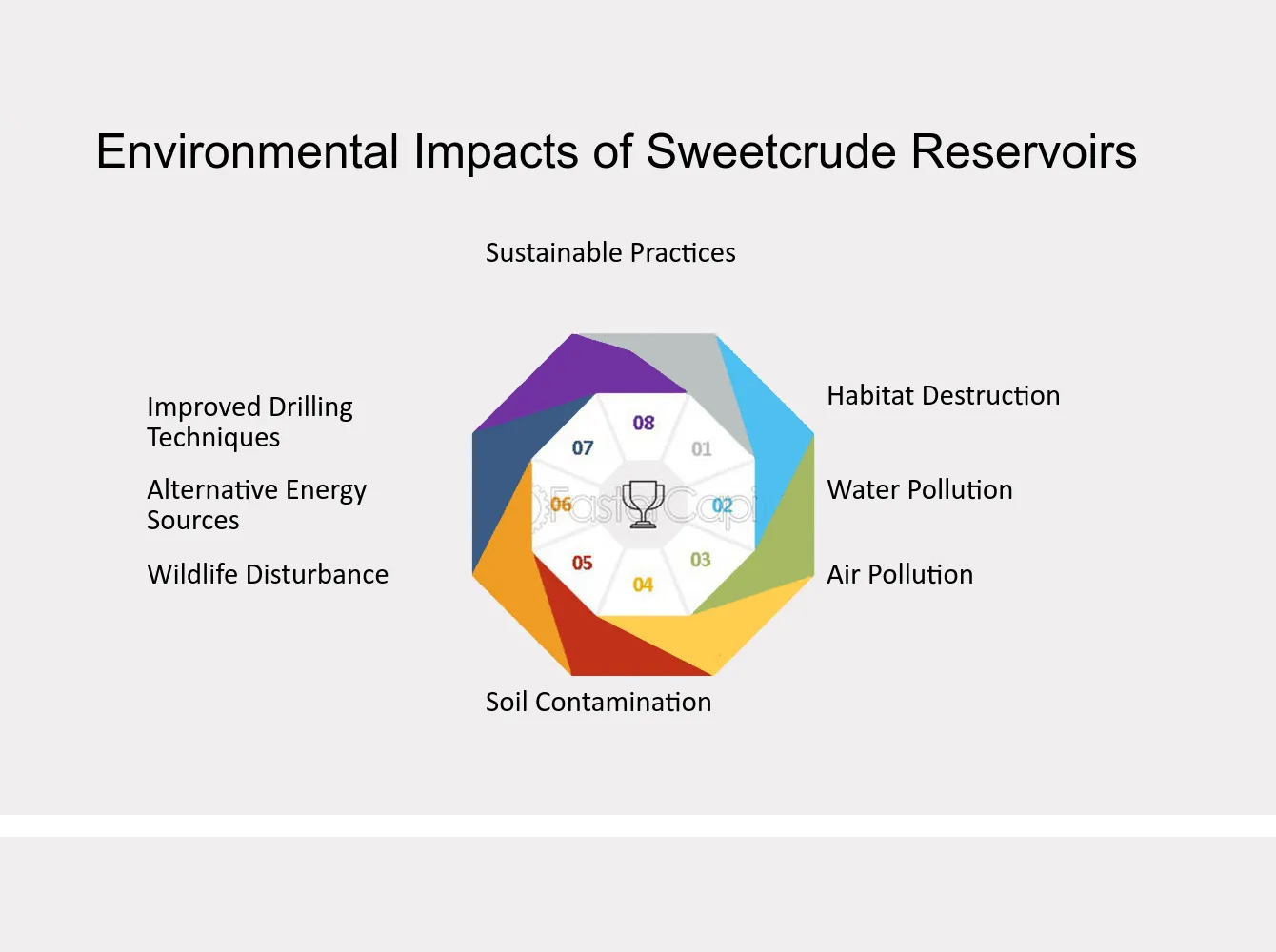**Master the art and science of extracting valuable natural gas from underground reservoirs with this comprehensive Gas Reservoir Engineering course.** This program equips you with the **essential knowledge and practical skills** necessary to **unlock the potential of unconventional and conventional gas resources**, **optimize production**, and **navigate the challenges of a dynamic energy landscape.**
**Target Audience:**
* This course is designed for individuals seeking to build or expand their expertise in gas reservoir engineering, including:
* **Reservoir engineers** transitioning to gas reservoir evaluation and production.
* **Petroleum engineers** seeking to deepen their understanding of gas reservoir behavior.
* **Geoscientists and geologists** interested in reservoir characterization for gas resources.
* **Production engineers** looking to optimize gas well performance and manage production workflows.
* **Professionals** from diverse backgrounds seeking entry into the field of gas reservoir engineering.
**Course Objectives:**
* **Demystifying Gas Reservoirs:**
* Understand the geological origin, types, and properties of gas reservoirs.
* Analyze the unique characteristics of various gas types, including natural gas, shale gas, and tight gas.
* Explore reservoir characterization techniques for accurately assessing gas reserves and flow potential.
* **Mastering Fluid Flow in Gas Reservoirs:**
* Grasp the fundamentals of Darcy’s Law and its application in gas flow through porous media.
* Analyze the impact of multiphase flow and relative permeability on gas production.
* Solve practical reservoir flow problems using analytical and numerical methods.
* **Unlocking the Secrets of Gas Drive Mechanisms:**
* Explore the diverse drive mechanisms that push gas towards production wells, including pressure depletion, gas expansion, and water influx.
* Analyze the impact of different drive mechanisms on production profiles and recovery efficiency.
* Predict future reservoir performance and optimize production strategies based on drive mechanism analysis.
* **Unconventional Gas: Resources and Challenges:**
* Dive deep into the world of unconventional gas resources, including shale gas, tight gas, and coalbed methane.
* Analyze the unique challenges associated with developing and producing unconventional gas resources.
* Explore advanced technologies and production techniques for unlocking the potential of unconventional gas.
* **Production Management and Optimization:**
* Design and implement effective well completion and stimulation techniques for enhanced gas production.
* Analyze artificial lift methods, such as gas lift and electrical submersible pumps, in the context of gas production.
* Learn to optimize production parameters and manage reservoir pressure to maximize recovery and field life.
* **Emerging Trends and Innovations:**
* Explore cutting-edge advancements in reservoir simulation, data analysis, and automation for improved gas reservoir management.
* Understand the impact of environmental considerations and sustainability practices on gas development projects.
* Prepare for the future of gas reservoir engineering by gaining insights into evolving technologies and industry trends.
**Course Outline:**
* **Module 1: Introduction to Gas Reservoir Engineering:** Fundamentals, key concepts, and roles of gas reservoir engineers.
* **Module 2: Gas Reservoir Characterization:** Geological origin, types, and properties of gas reservoirs.
* **Module 3: Fluid Flow Fundamentals and Multiphase Flow:** Darcy’s Law, relative permeability, and multiphase flow behavior.
* **Module 4: Gas Drive Mechanisms and Reservoir Performance:** Pressure depletion, gas expansion, water influx, and production forecasts.
* **Module 5: Unconventional Gas Resources:** Shale gas, tight gas, and coalbed methane exploration and development.
* **Module 6: Production Management and Optimization:** Well completion, stimulation, artificial lift, and production optimization strategies.
* **Module 7: Reservoir Simulation and Data Analysis:** Modeling gas reservoir behavior and utilizing data for informed decision-making.
* **Module 8: Environmental Considerations and Sustainability:** Balancing gas production with environmental responsibility.
* **Module 9: Emerging Trends and Innovations:** Advanced technologies and future-proofing skills for gas reservoir engineering.
* **Module 10: Case Studies and Industry Applications:** Analyzing real-world gas reservoir engineering projects and extracting valuable insights.
Training Methodology:
- **Interactive lectures:** Engaging presentations with real-world case studies, industry expert insights, and multimedia visuals.
- **Group discussions and workshops:** Foster collaborative learning, problem-solving, and applying theoretical concepts to practical scenarios.
- **Software demonstrations and data analysis exercises:** Gain hands-on experience with reservoir simulation tools and data interpretation techniques.
- **Optional online community platform:** Access additional resources, connect with fellow participants and continue learning beyond the course.
Course Benefits:
- **Master the fundamentals of gas reservoir engineering:** Gain a comprehensive understanding of gas reservoir behavior, fluid flow, and drive mechanisms.
- **Unlock the potential of unconventional and conventional gas resources:** Enhance your skills in evaluating, developing, and managing gas production projects


